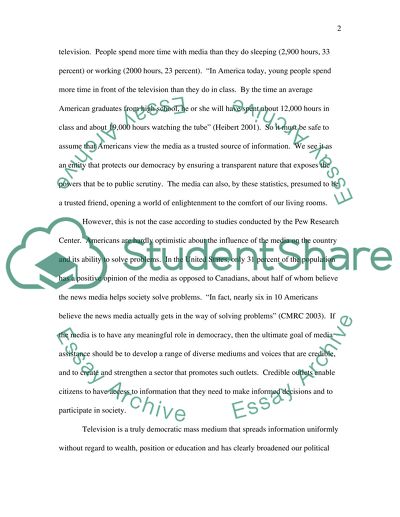Cite this document
(“Mass Media and Its Role in Society Essay Example | Topics and Well Written Essays - 1750 words”, n.d.)
Retrieved from https://studentshare.org/sociology/1536320-mass-media-and-its-role-in-society
Retrieved from https://studentshare.org/sociology/1536320-mass-media-and-its-role-in-society
(Mass Media and Its Role in Society Essay Example | Topics and Well Written Essays - 1750 Words)
https://studentshare.org/sociology/1536320-mass-media-and-its-role-in-society.
https://studentshare.org/sociology/1536320-mass-media-and-its-role-in-society.
“Mass Media and Its Role in Society Essay Example | Topics and Well Written Essays - 1750 Words”, n.d. https://studentshare.org/sociology/1536320-mass-media-and-its-role-in-society.


